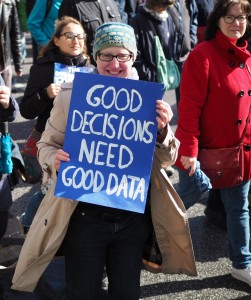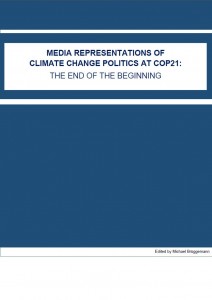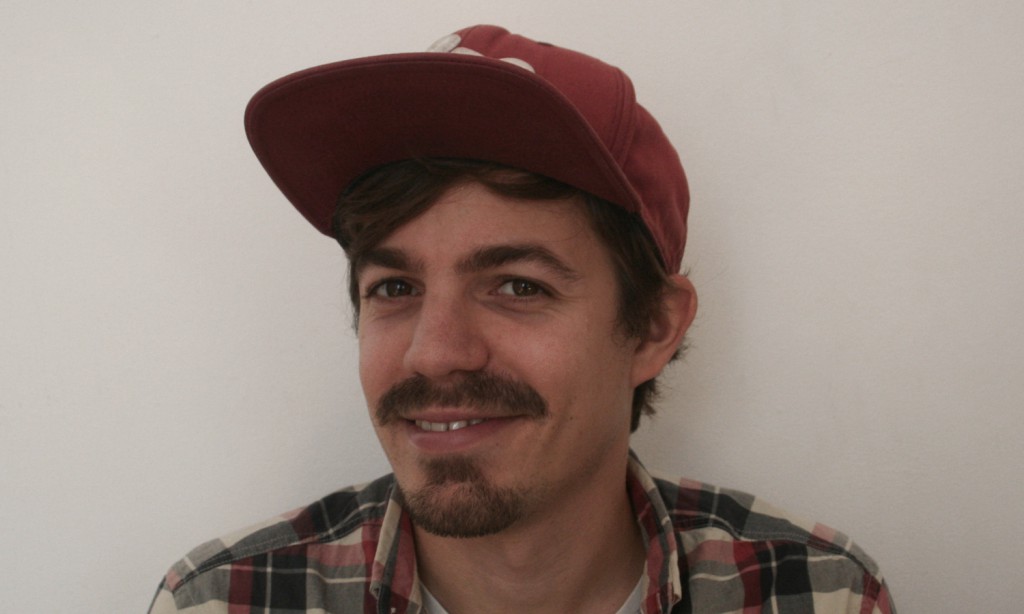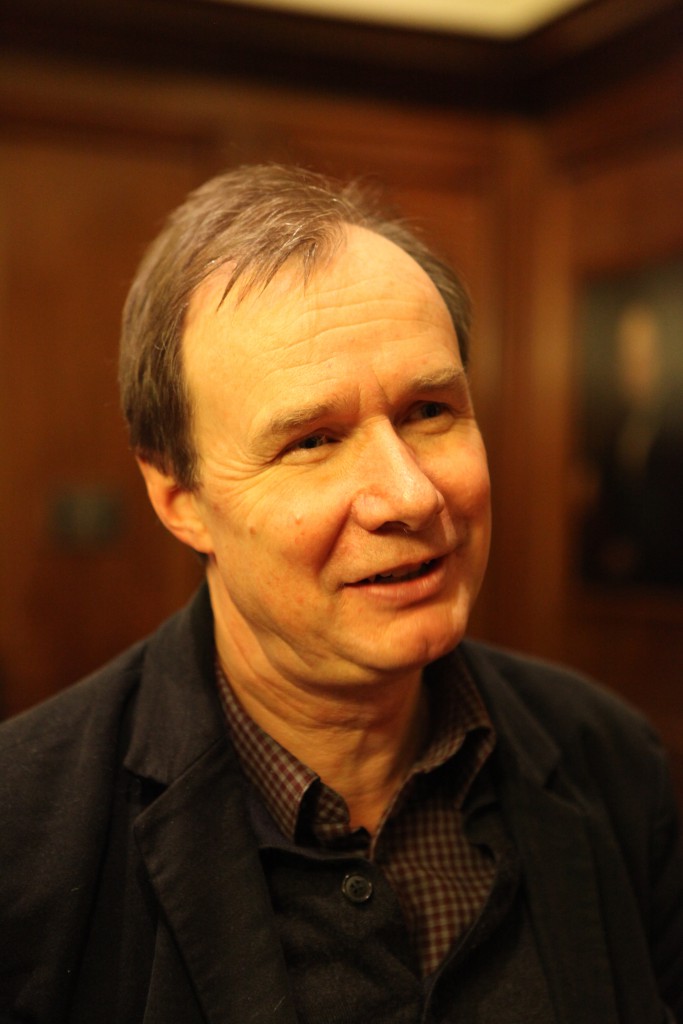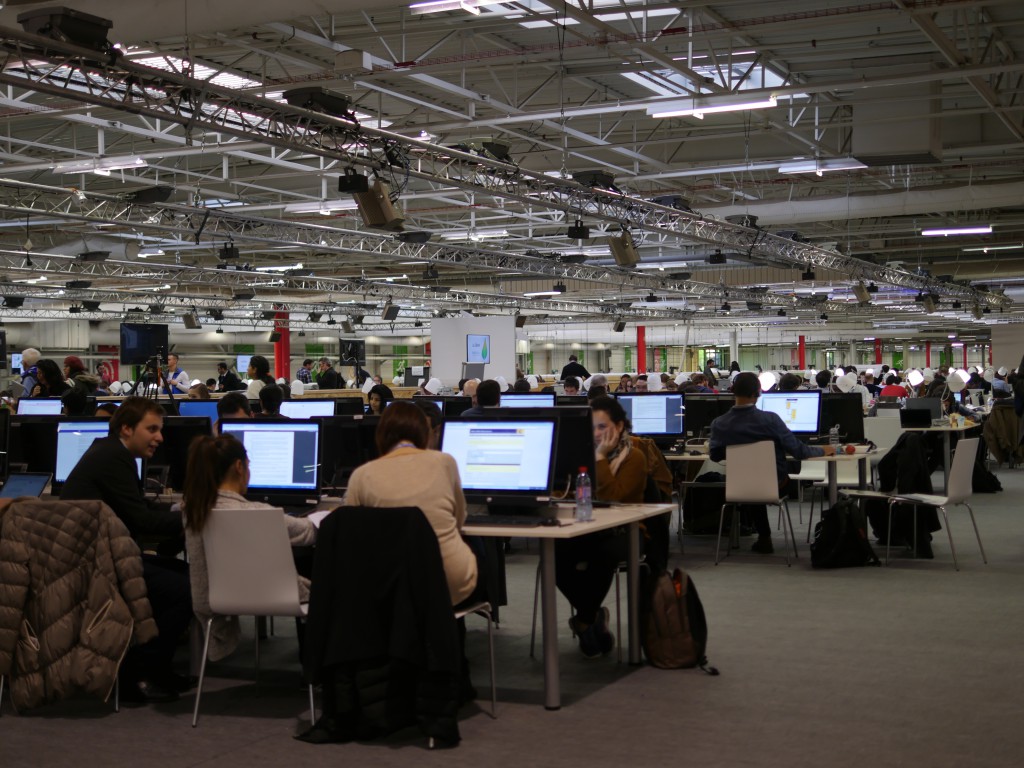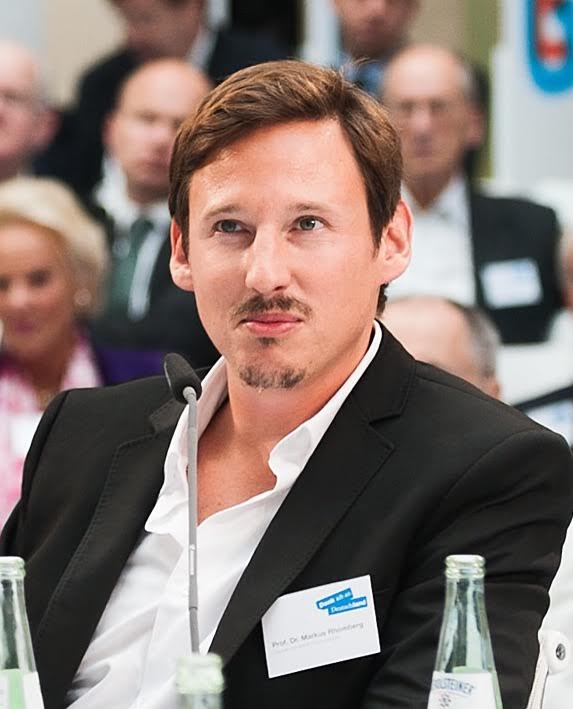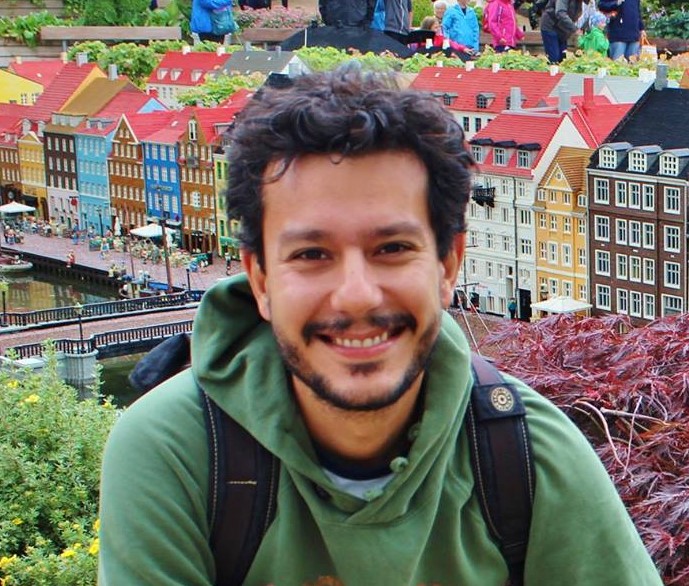by Joana Kollert, Manuel Kreutle, and Michael Brüggemann
Recent weeks have not only brought about record-breaking temperatures, but also a rise in climate coverage, as clearly shown by our Online Media Monitor (OMM) on Climate Change Coverage around the world [1]. But are higher-than-usual temperatures really the main trigger of climate change reporting? We had a closer look at the case of Germany: Continue reading Is German Climate Coverage driven by extreme temperatures? Partly.
